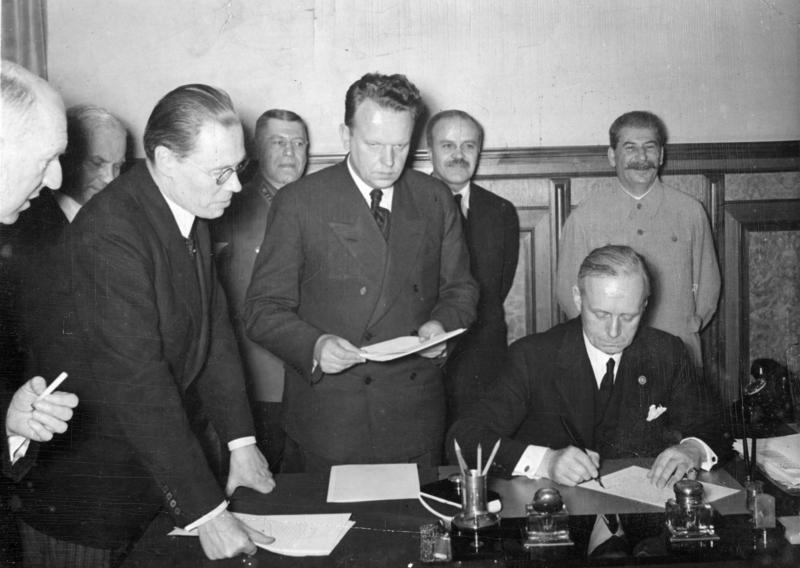A Faustian Bargain

Joseph Stalin said at the 1943 Tehran Conference that World War II would be won with “British brains, American steel, and Soviet blood.” Indeed, the scale of Soviet losses in the war is nearly unimaginable: Some estimates place the number of military and civilian deaths at over 20 million. But the scale of Russian losses, and the bitter hatred and brutality that characterized combat on the Eastern front, tends to obscure that Germany and the Soviet Union had cooperated militarily for nearly two decades before the Nazi invasion in 1941. Ian Johnson, of Notre Dame University and a former Clements Center fellow, discusses this cooperation in this week’s episode of Horns of a Dilemma, as detailed in his book, Faustian Bargain: The Soviet-German Partnership and the Origins of the Second World War. Johnson lays out the ways in which these two rogue states helped each other to develop the militaries that ultimately engaged in some of the most desperate and deadly combat of World War II. This talk was given at the University of Texas, Austin.
Image:Bundesarchiv, Bild 183-S52480, CC BY-SA 3.0 DE, via Wikimedia Commons

